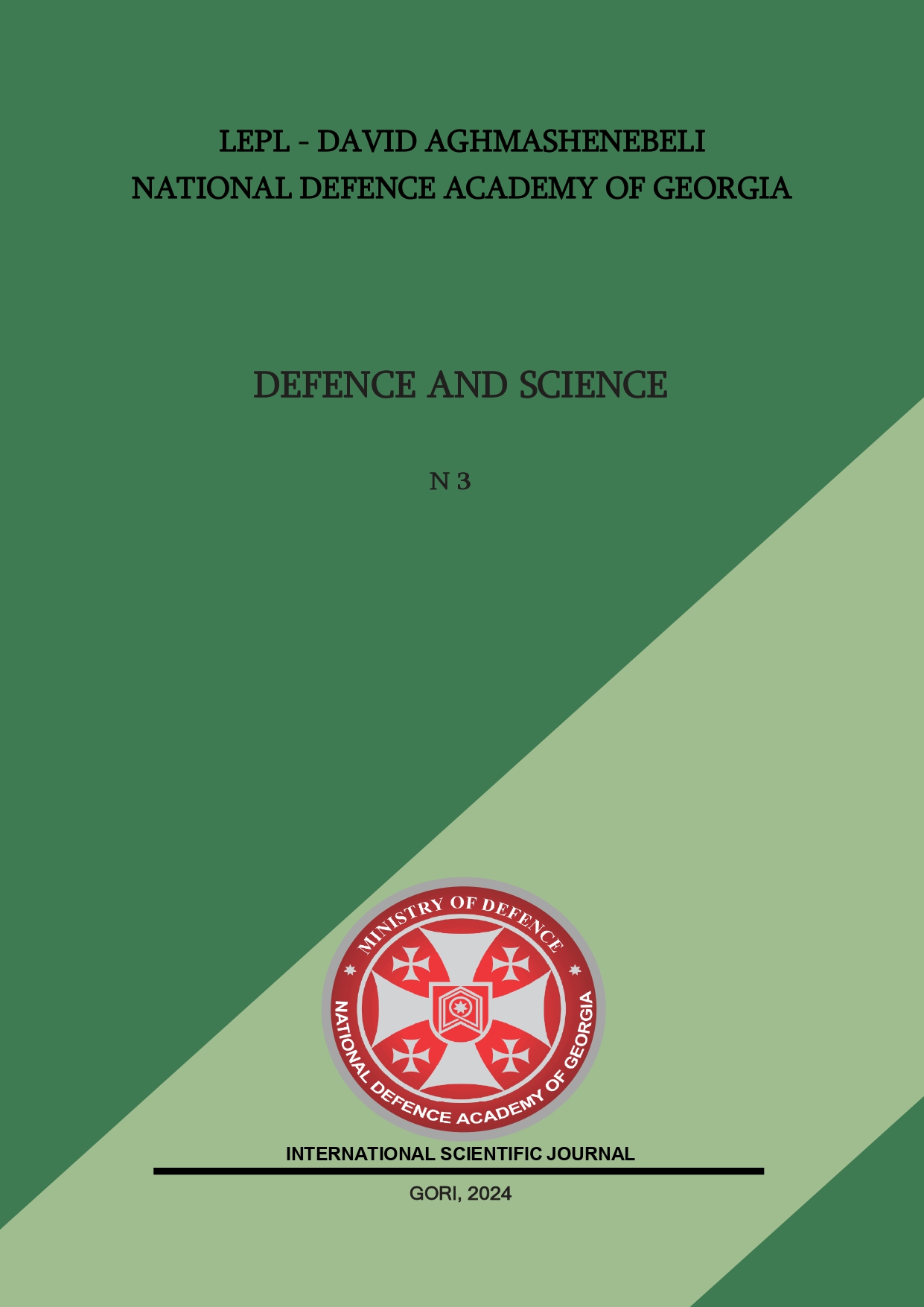DEFENCE RESOURCE MANAGEMENT CHALLENGES
DOI:
https://doi.org/10.61446/ds.3.2024.8481Keywords:
Defence resource management, challenges, policy, data, PPBSAbstract
This paper explores the major factors that hinder the resource management process, which is critical to the development of defence institutions. An effective defence resource management (DRM) process enables coordination, synchronization and integration of defence activities; provides resilience in dealing with uncertainties; supports rational decision-making; and enhances future control capacity. This facilitates the translation of short-, mid-, and long-term defence plans into concrete budgets. The authors argue that several factors have a significant negative influence on success of DRM process, such as the absence of a comprehensive strategic policy framework, the lack of data-driven analysis, and the failure of budgeting tools within the planning, programming and budgeting system (PPBS).
An effective security and defence policy framework with clear priorities is one of the key prerequisites for DRM, ensuring that resources are directed toward building the capabilities required to achieve national security goals. Ambiguity around the major strategic areas creates essential challenges, as not having a robust future vision is the same as not knowing where to go. Furthermore, a strategic security policy framework sets the priorities not only for defence but also for social, economic, and foreign policies, ensuring that resource allocations align with broader national objectives.
Another critical factor hindering success of the defence resource management process is the lack of an organizational capacity to gather, analyze, and strategically exploit an enormous amount of information, which is crucial for rational decision-making, optimal resource allocation, and adaptation within a rapidly changing security environment. In today’s digital age, the challenge for defence planners is not only a shortage of data, but rather the opposite: the ability to manage, evaluate, and analyze vast amounts of data.
Finally, the failure to adopt successfully PPBS was an additional factor challenging DRM processes in the defence institutions of post-Soviet legacy countries. This system was considered a fundamental strategic management tool that could improve resource planning processes within these organizations. However, its adoption and implementation faced significant problems that have limited its effectiveness in improving budgeting processes.










